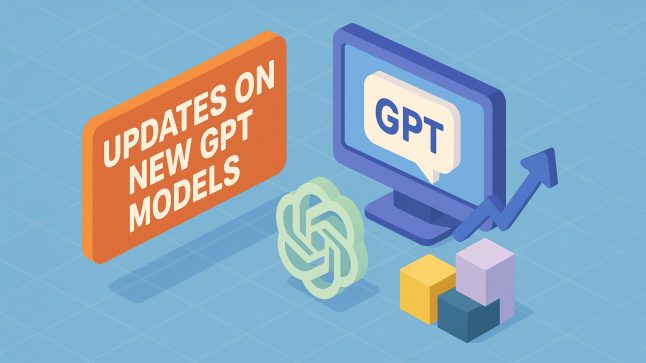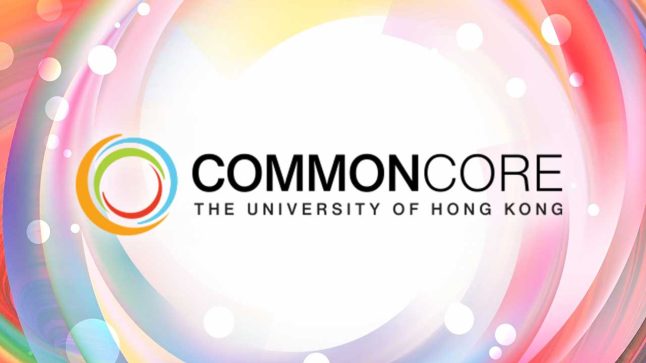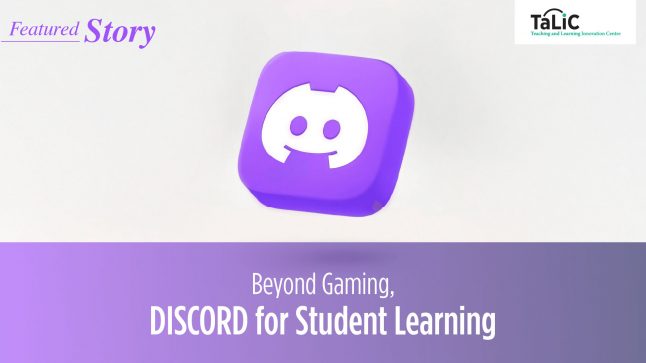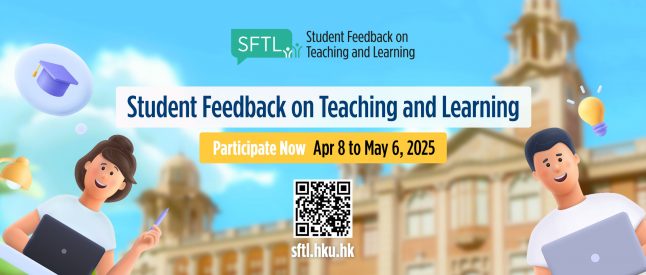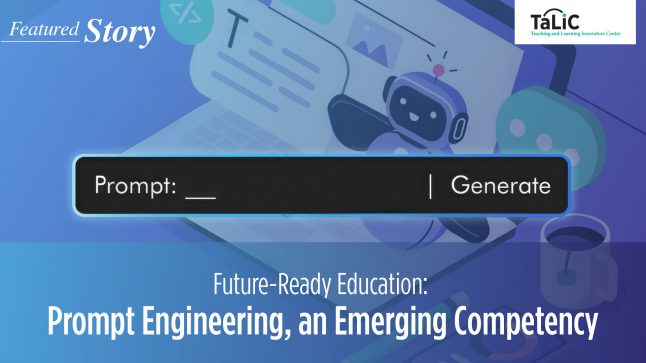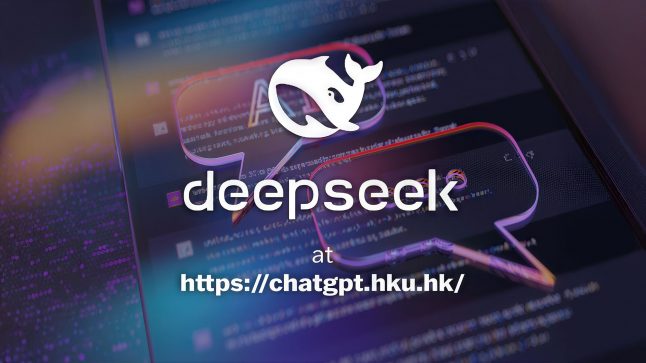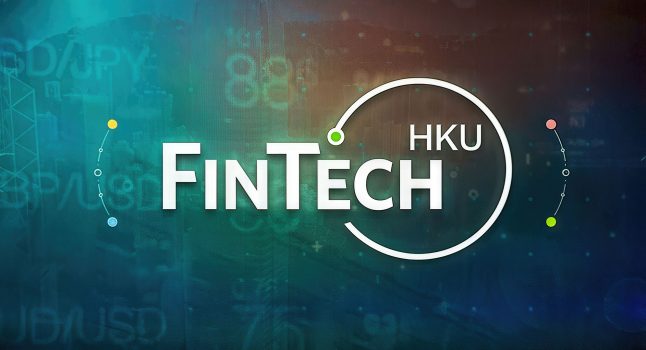
 “It’s very important, through the traditional curriculum to emphasise the importance of technology, not just because it is important for everybody to learn about programming, but to me, it’s more about understanding the roles of technology, and where the technologies are the basic principles, and where they can be applied,” Charles Mok
“It’s very important, through the traditional curriculum to emphasise the importance of technology, not just because it is important for everybody to learn about programming, but to me, it’s more about understanding the roles of technology, and where the technologies are the basic principles, and where they can be applied,” Charles Mok
It was our pleasure to have Hon Charles Mok, Legislative Councillor for the IT sector to share his views on building ecosystems and nurturing talent in FinTech at TELI-vision with Professor Douglas Arner and Professor Ricky Kwok.

Be equipped with a broad spectrum of skills
In FinTech, technologies and the market change at a very fast pace. According to Charles, to meet the continuous transformation of the “Tech” and the “Fin”, those in the industry as well as those aspire to be part of FinTech and related industries must be equipped with a broad spectrum of skills and knowledge to bridge between different interrelated disciplinary areas including finance, technology, law, data science, computer science and psychology, etc.
“Let’s say if somebody is interested in the future of leveraging technology in various different areas – AI, financial services or even other areas, you need skill that is not just in finance, not just in computer science; but also in areas such as statistics obviously for big data for data analytics; in sales, psychology is actually very important, and many of the social sciences and so on.”
“Because of the interlocking, interrelated industries and applications in FinTech, we are seeing many of the same kind and same magnitude of changes in different particular areas of our living”, Charles suggested. “The pressure for professionals to upgrade themselves to keep up with all these developments is tremendous and is going to be increasing. I think young and new professionals have to get themselves ready using either their own time to take courses, including online courses.”
Be international and interdisciplinary
Taking online courses is one way to broaden student’s horizon and gain exposure to ideas and views from other countries through the digital media. Charles observed that, “it’s a good sign that young people today are taking global courses and not just courses in our own economy”, he iterated that one needs to be more international and global.
The role of universities today, in addition to providing interdisciplinary and international education to our next generation of university graduates, is to help develop digital literate citizens through integration of technology in university education. “It’s very important, through the traditional curriculum to emphasise the importance of technology, not just because it is important for everybody to learn about programming, but to me, it’s more about understanding the roles of technologies, and where the technologies are the basic principles, and where they can be applied,” Charles suggested.
On one hand, universities bear the responsibilities to nurture future talents, on the other hand, it is also part of its mandate to educate the public and raise awareness of the needs to equip oneself with some kind of technological background.
The challenge in attracting talents
In Hong Kong, we have many bright and high achieving students, but why are univerisities not attracting many top students in science and engineering disciplines in recent years compared to decades ago?
Charles pointed out that, “we saw in the last 30 plus years, Hong Kong has transformed from a manufacturing economy to a service economy, especially including financial services. That particular transformation has turned Hong Kong into one of the world’s top financial services centres, but at the same time it also led to our industry and our people overly focused on some of the shorter term gains.”
This trend is not entirely local, and in order to break the vicious cycle, we must first change the mindset of the mainstream society. Charles remarked that, “in this environment, it had been quite difficult for the industry, for us to attract, to incentivize the industries to let’s say, invest more in longer term endeavours, R&D and so on.”
No matter what, people are the most important assets. “I think for us to try to attract people to come back into technology in Hong Kong or other economies, we have to be able to create the good jobs that pay well, give them opportunities for a career growth,” Charles suggested.
There is no easy way in terms of how to build an ecosoystem and nurture FinTech talents, and it continues to be a challenge with roles for everyone from universities to students, government, industries and the general public.
To learn more about the FinTech discussion at TELI-vision from our special guest Charles Mok with Professor Doulgas Arner and Professor Ricky Kwok, please click the following links to view the videos.
The Role of Universities in FinTech and Online Education (Part 2)
Coming soon
• Research and Development (R&D) and Interactions with Industries• FinTech Opportunities in HK – Regulatory Sandboxes and New Trends
• The FinTech Landscape in China – What’s Next?


